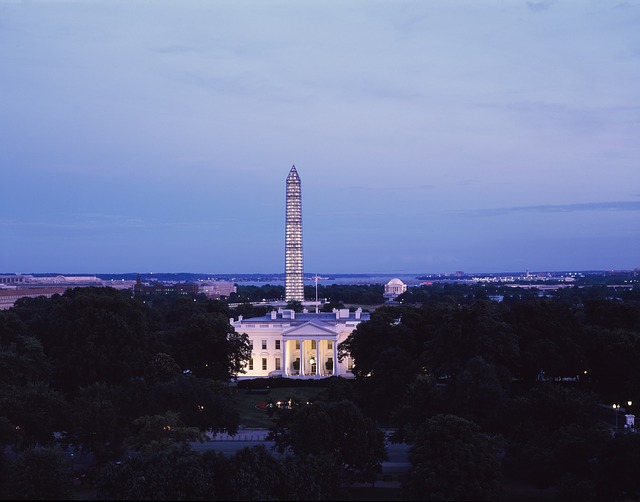The February 28-March 1, 2019 meeting of the Council on Governmental Relations (COGR) addressed a broad spectrum of issues affecting research institutions, with a strong emphasis on science and security. The report outlines growing federal concerns related to foreign influence on U.S. research, particularly regarding the potential for illicit transfer or misuse of sensitive data and intellectual property. Representatives from NIH, NSF, and DOE summarized measures being developed to enhance disclosure requirements, clarify policies related to foreign research support and affiliation, and strengthen controls over access to sensitive data, especially by foreign principal investigators. Parallel discussions highlighted increased audits and policy scrutiny by HHS Inspector General, proposed regulatory reforms from the Department of Defense and Department of Education (particularly regarding foreign gifts and reporting requirements), and various Congressional initiatives such as the Protect Our Universities Act targeting research security.
In addition to national security issues, the meeting covered several core administrative and compliance topics. Updates were provided on efforts to streamline collaboration between non-profit research funders and academic institutions, particularly regarding facilities and administrative (F&A) costs, direct and allowable research project support costs, and best practices for contracts and intellectual property. Regulatory reform discussions focused on reducing administrative burdens in animal and human subjects research, improving research integrity and transparency, and responding to evolving federal guidance. The report also covered ongoing legislative and policy developments in patent subject matter eligibility, drug pricing, technology transfer, and the implementation of blockchain and cloud computing in research administration. Finally, COGR addressed the increasing focus on sexual harassment in science, reporting requirements for research misconduct, and continued efforts to harmonize and simplify federal compliance obligations for research institutions. Overall, the report demonstrates the sector’s ongoing navigation of complex regulatory landscapes, seeking to balance institutional compliance, research integrity, and national security while advocating for streamlined and equitable administrative processes.
